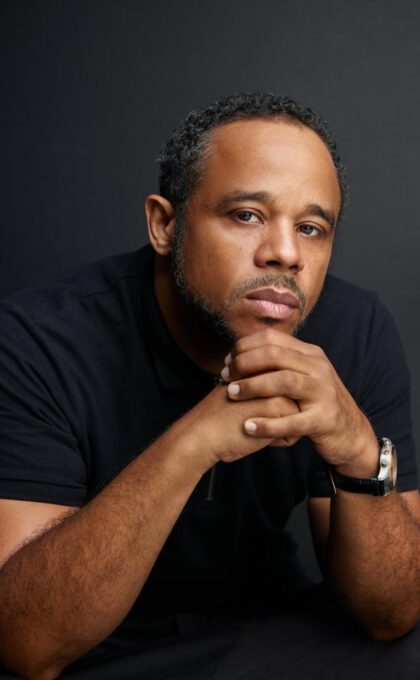Africa’s Media Landscape Transforms: Inside the Historic $3B Canal+ and MultiChoice Deal
In a groundbreaking move that’s surprisingly flying under the global radar, French media giant Canal+ is set to acquire MultiChoice, Africa’s leading pay TV operator, in a deal valued at approximately $3 billion. This isn’t just another corporate merger – it’s a pivotal moment that could reshape how over a billion Africans consume entertainment.
The acquisition represents far more than just a business transaction. Canal+ isn’t simply buying MultiChoice’s impressive reach of 100M+ viewers across DStv, GOtv, and Showmax platforms. They’re investing in decades of carefully cultivated local expertise, infrastructure, and deep insights into Africa’s complex, multilingual media landscape.
Looking at the bigger picture, this deal takes on even more significance when compared to recent global media transactions. While Amazon dropped $8.5B for MGM and Netflix plans to spend $17B on content in 2024, Canal+’s $3B investment in MultiChoice – effectively securing a gateway to the entire African market – appears to be both a calculated risk and a strategic coup.
What makes this deal particularly fascinating is its timing. Africa stands as the final frontier for large-scale linear-to-digital migration in entertainment. The continent’s youthful population, increasing digital adoption, and rich cultural output make it an attractive prospect for global media players. However, success here requires understanding the nuanced reality of African entertainment consumption.
The deal raises important questions about the future of African storytelling. With MultiChoice – historically one of Africa’s biggest content commissioners – moving under European ownership, who will determine which stories get told? Will local narratives maintain their authenticity, or will global formats take precedence?
Perhaps most tellingly, the acquisition highlights a persistent challenge: the absence of African capital in major media investments. While international players are beginning to recognize Africa’s entertainment sector as a serious business opportunity rather than a charitable venture, local investors have largely remained on the sidelines.
The informal content economy, particularly the “underbanked middle” – consisting of high-volume, emotionally resonant dramas distributed through unconventional channels – remains one of the market’s most underappreciated opportunities. These productions, spiritual successors to early Nollywood, continue to capture massive audiences despite often being overlooked by mainstream platforms.
As this historic deal unfolds, it serves as both a wake-up call and an opportunity. It signals that African media assets deserve global-level valuations and demonstrates that the continent’s entertainment industry is not just culturally significant but commercially vital. The question now is whether this will catalyze more international investment in African media – and more importantly, whether African investors will finally step up to claim their stake in the continent’s creative future.
In the end, this deal might just be the turning point that transforms Africa’s entertainment industry from a promising frontier into a global powerhouse. The infrastructure is in place, the audience is engaged, and the potential is unlimited – provided the right balance is struck between global ambition and local authenticity.







Leave a Comment